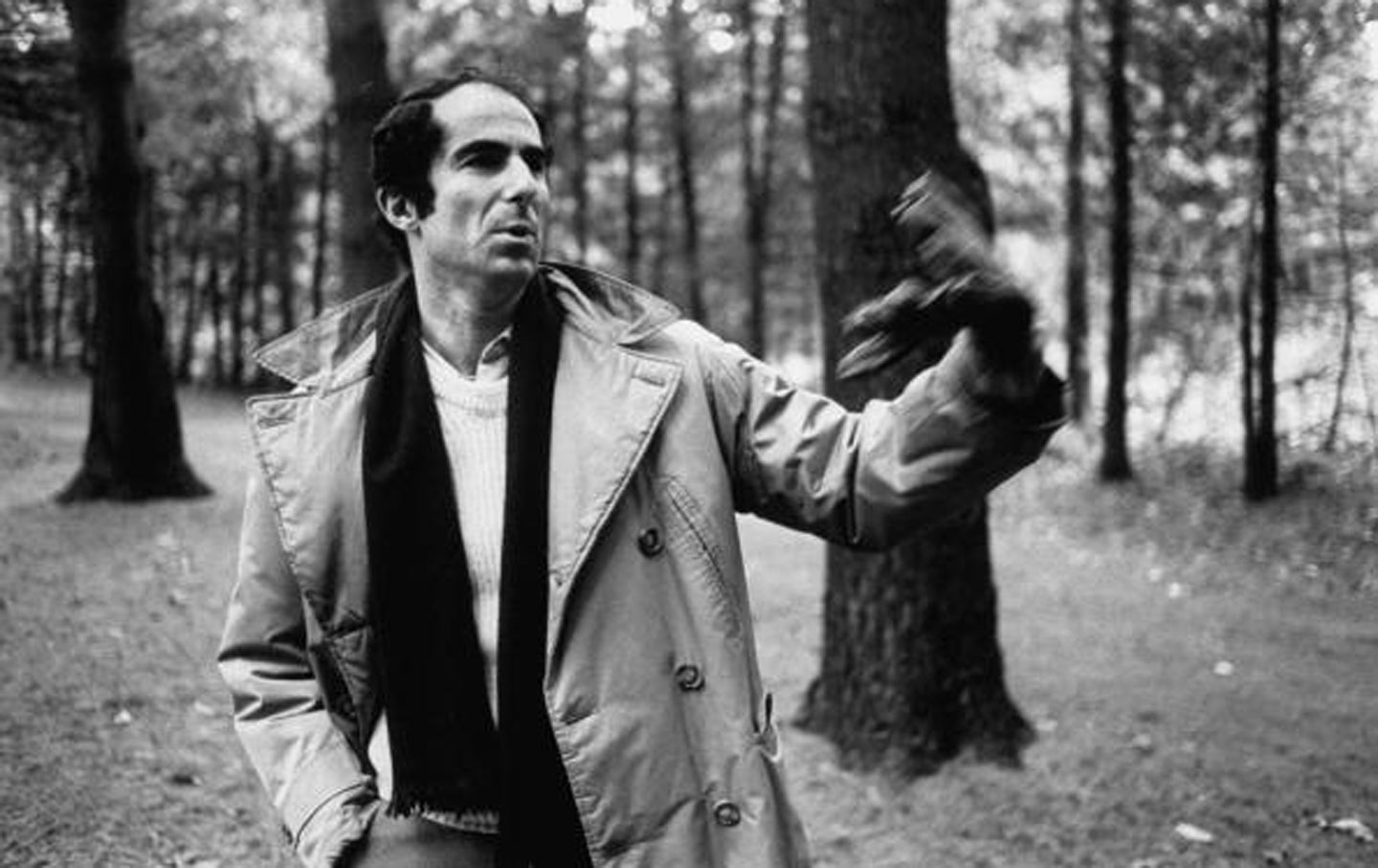
Peter Handke’s Nobel Condones Violence Peter Handke’s Nobel Condones Violence
One of Sweden’s most important authors on how the Swedish Academy abuses its platform—and the intelligentsia lets it happen.
Oct 18, 2019 / Johannes Anyuru
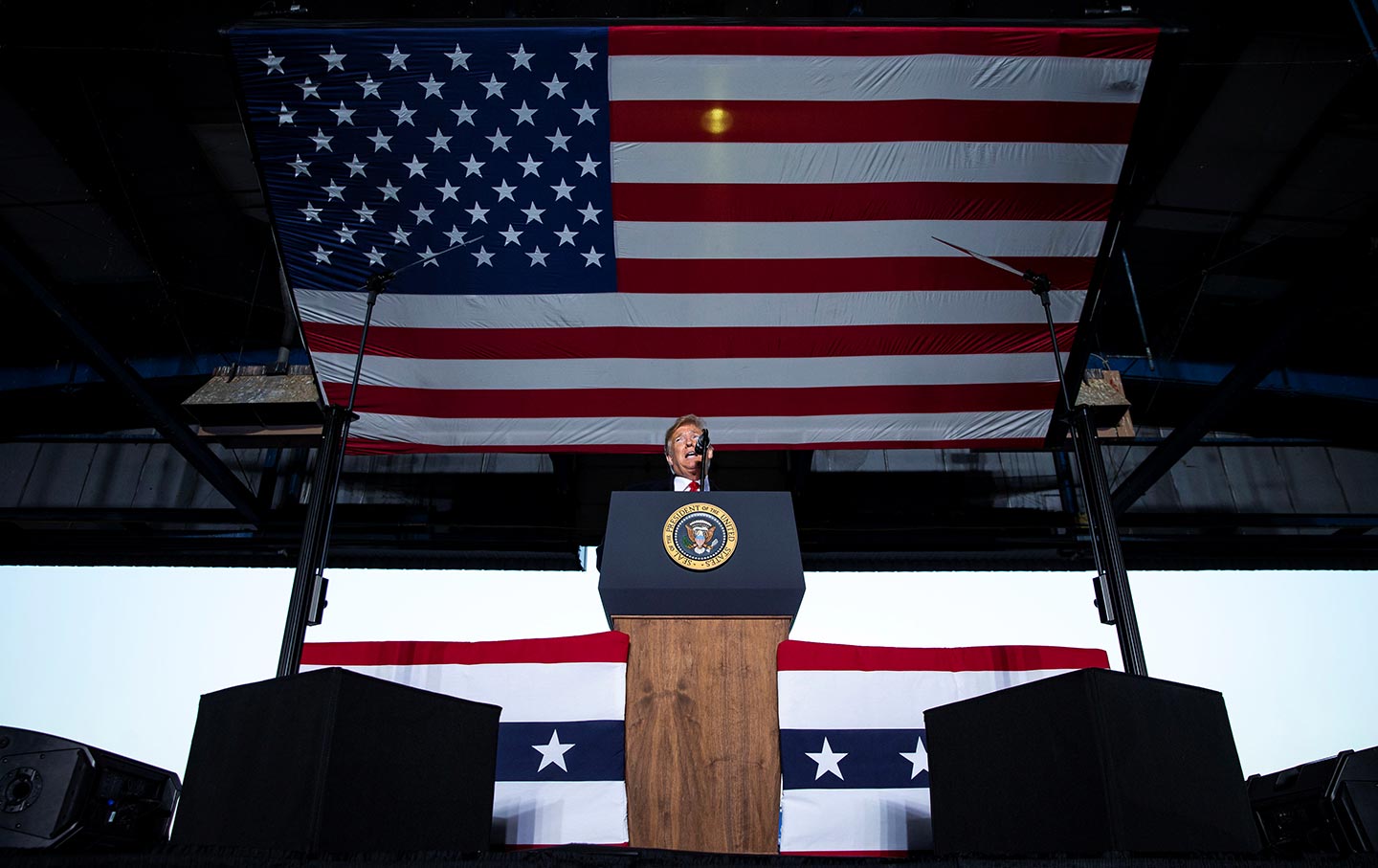
L’État, C’est Moi L’État, C’est Moi
Trump intends to speak at the traditionally nonpartisan Fourth of July celebration on the Mall.—news reports Though past presidents never inserted themselves In this fete, Donald T…
Jun 18, 2019 / Column / Calvin Trillin
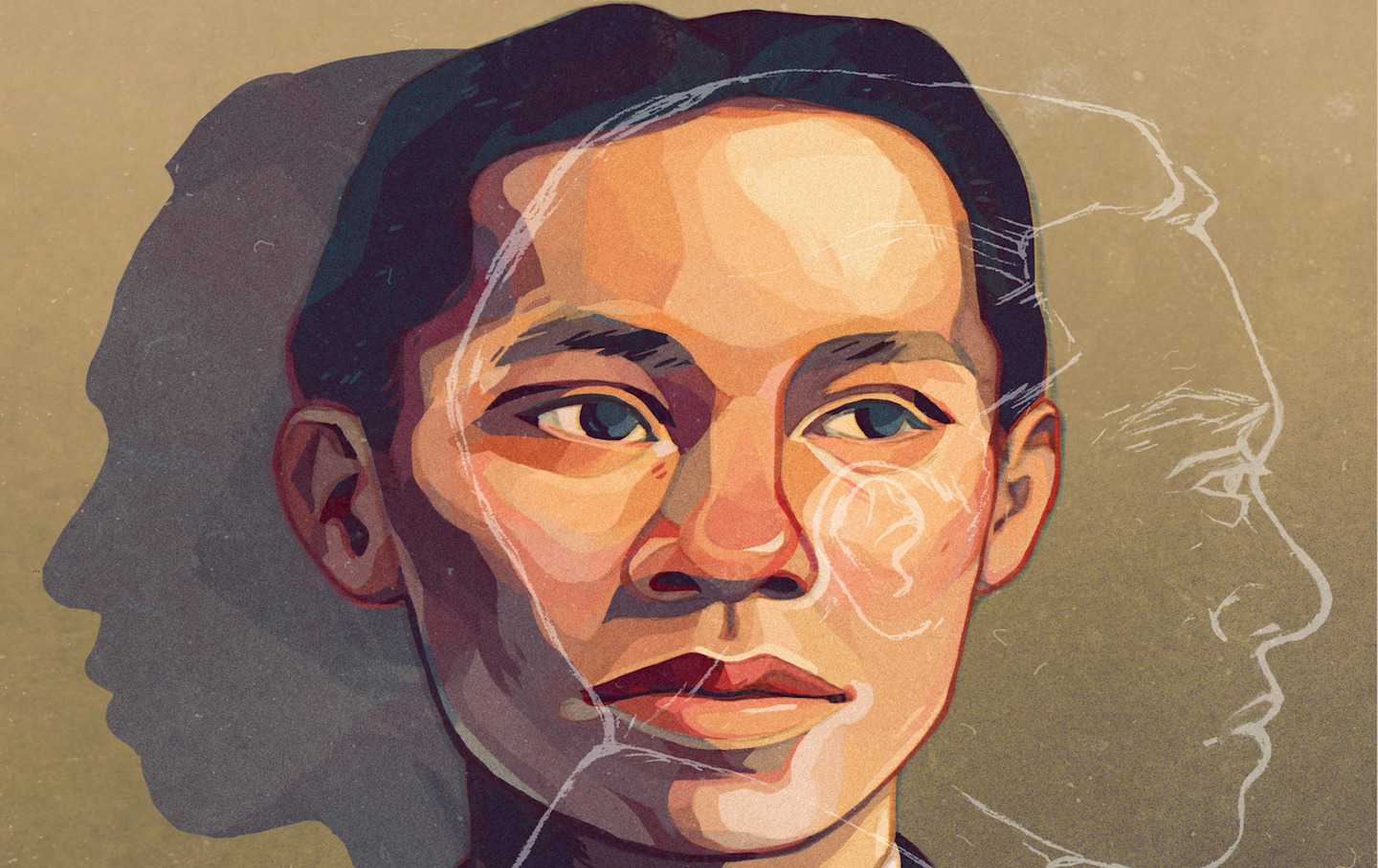
Carlos Bulosan’s 1946 Novel About Filipino Migrant Workers Is Still Groundbreaking Carlos Bulosan’s 1946 Novel About Filipino Migrant Workers Is Still Groundbreaking
When we read a book like America Is in the Heart, we have the chance to be not just readers of American history’s horrors, but its witnesses and inheritors.
May 1, 2019 / Elaine Castillo
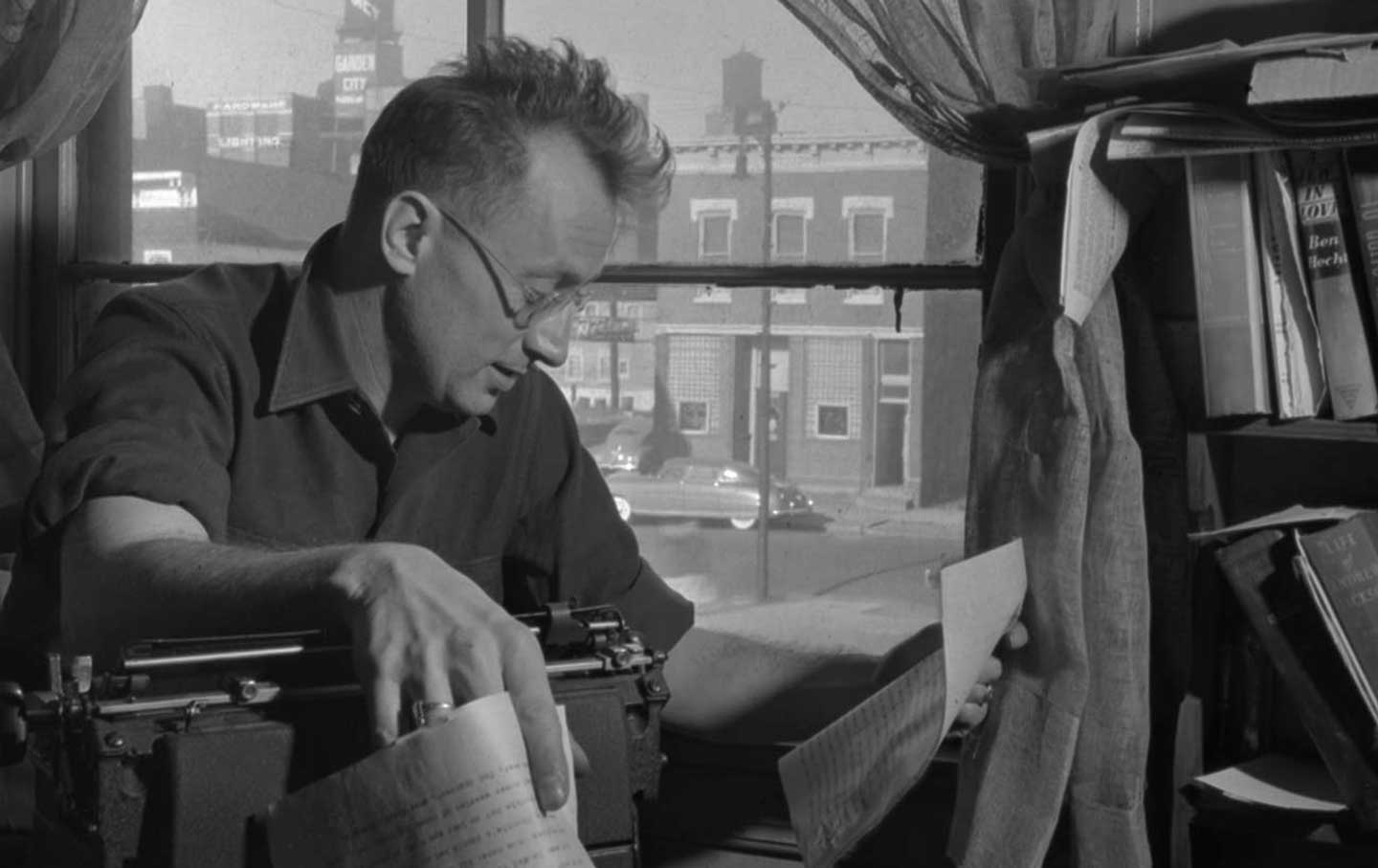
Rediscovering Nelson Algren Rediscovering Nelson Algren
The literary giant’s unique resonance in our anti-capitalist moment.
Mar 19, 2019 / Dan Simon

Hunting for Lions and Liberation Hunting for Lions and Liberation
Rachel Ingalls’s 1983 novel Binstead’s Safari is a fable-like account of the price of feminism and the freedom from domesticity.
Mar 13, 2019 / Maya Binyam
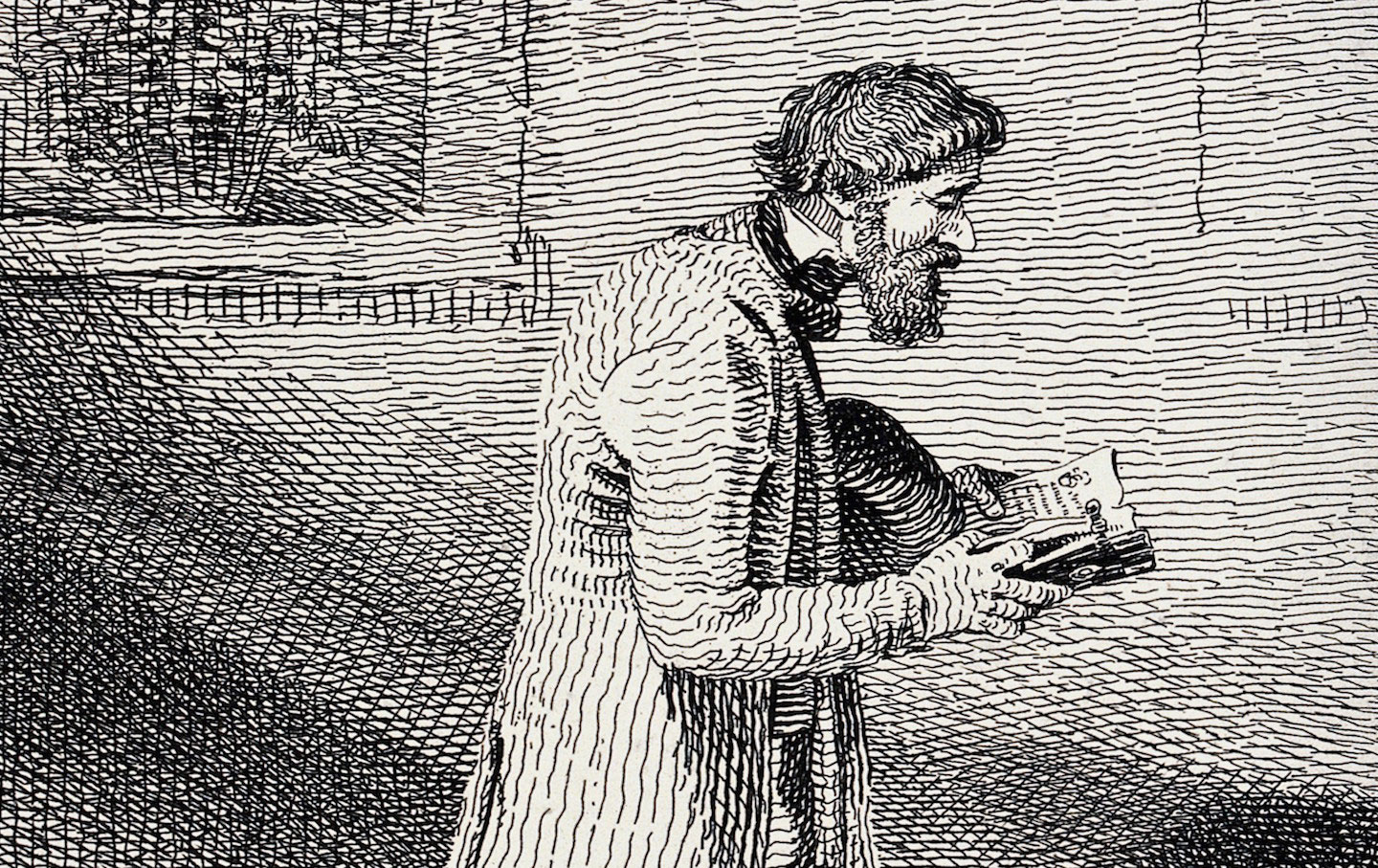
A Style Guide for the 1 Percent A Style Guide for the 1 Percent
The new grammar and usage handbook by Benjamin Dreyer, Twitter’s premier grammarian, reinforces an elitist view of writing and language.
Feb 11, 2019 / Kyle Paoletta
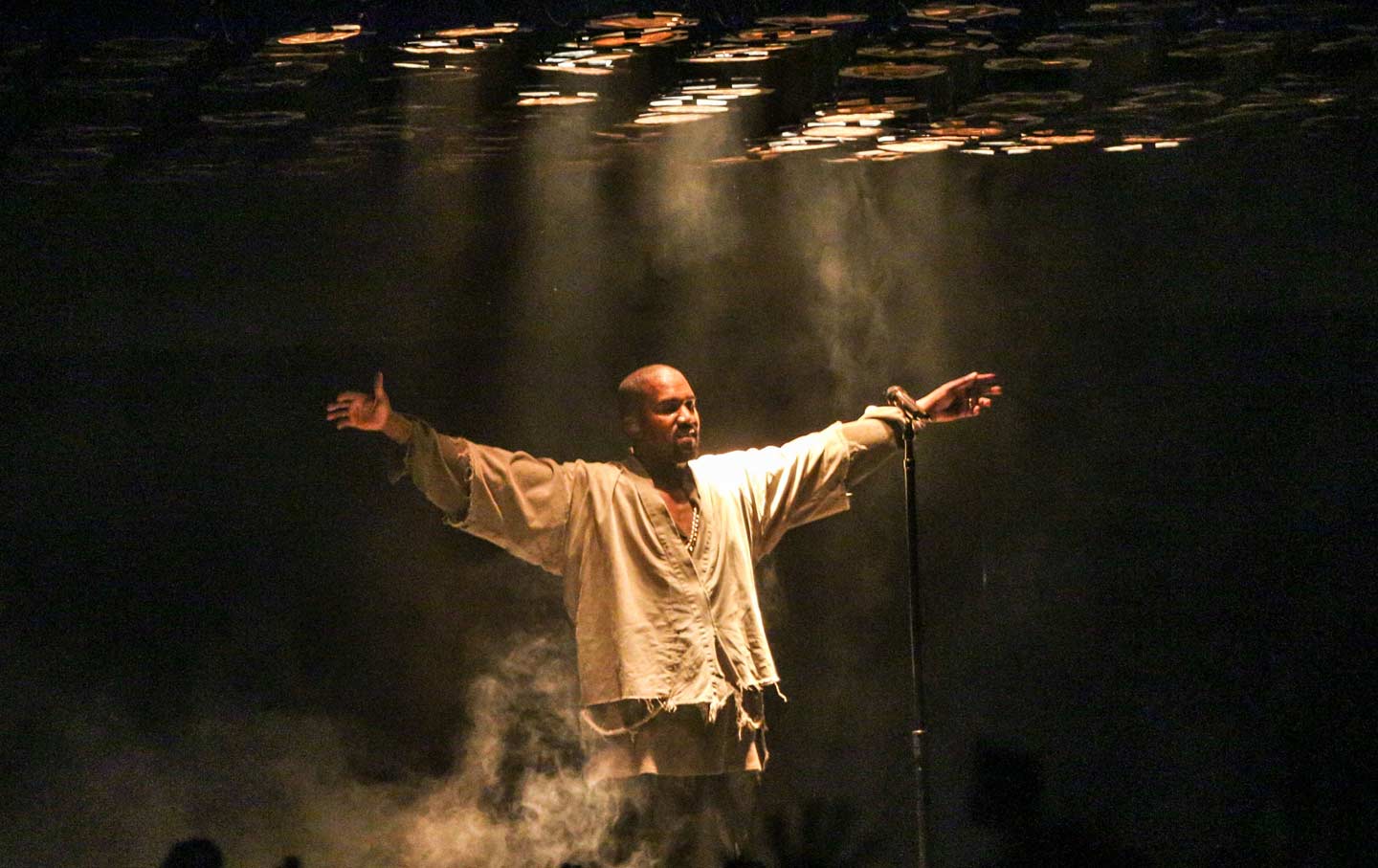
Kanye’s Discontents Kanye’s Discontents
At his best, Kanye West could be something of a Walt Whitman with Pro Tools. His new album, Ye, sadly feels like something halted in mid-sentence.
Jun 8, 2018 / David Hajdu

The Turmoil of Fearful Anticipation The Turmoil of Fearful Anticipation
Many of the stories in Dino Buzzati’s Catastrophe are more concerned with paranoia and fear than with dramatic repercussions.
May 9, 2018 / Bradley Babendir

Joseph Conrad and the Dawn of Globalization Joseph Conrad and the Dawn of Globalization
What passes for civilization is often just refined savagery.
May 3, 2018 / Books & the Arts / Greg Grandin

